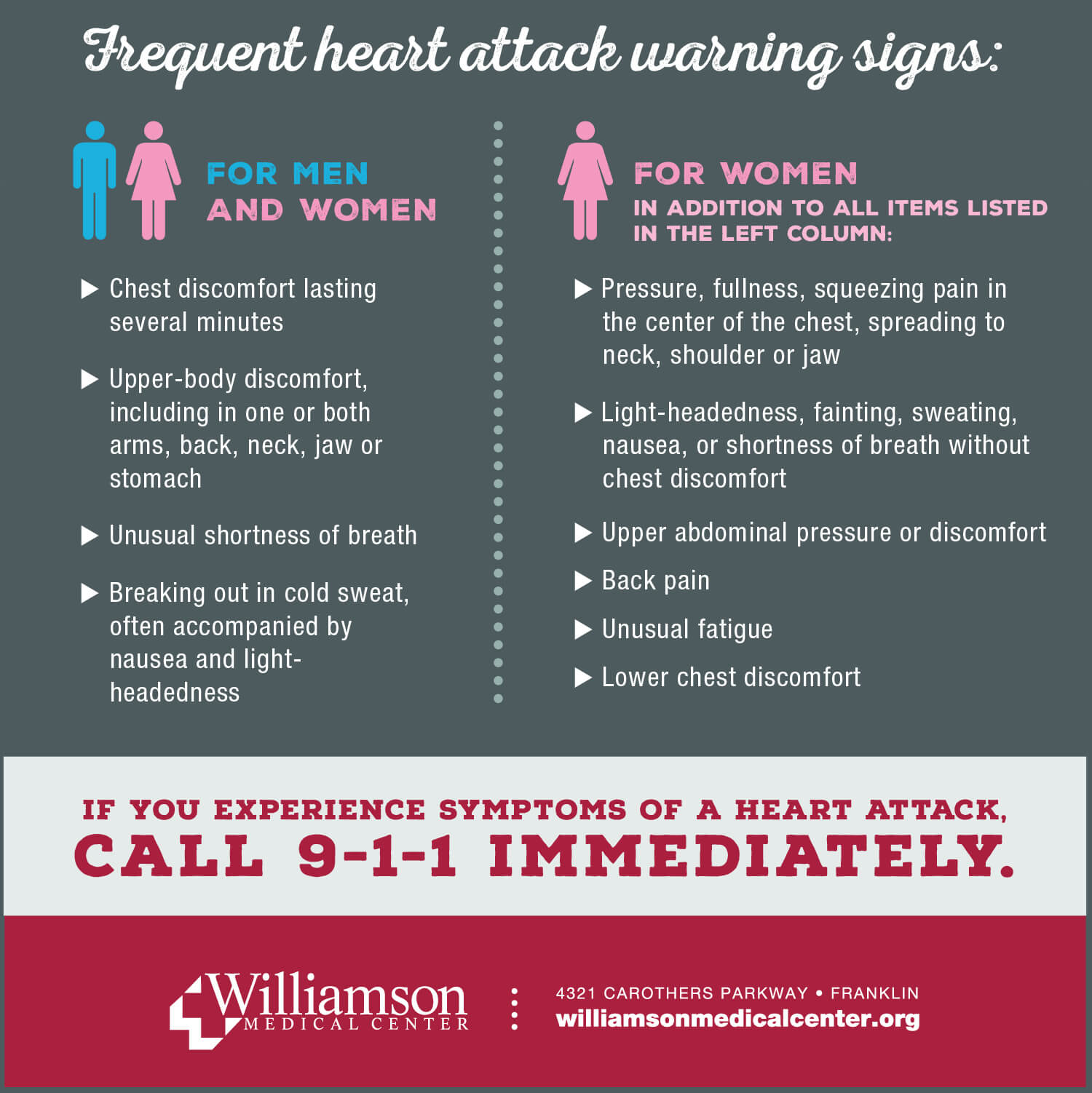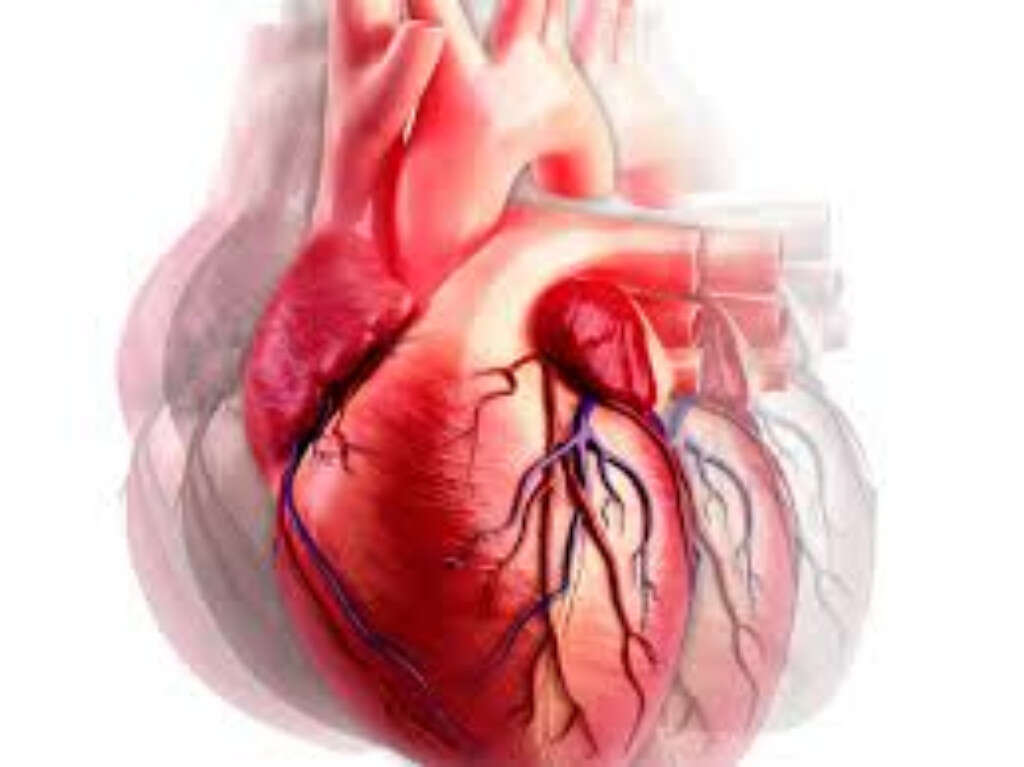
Heart murmurs are detected by auscultation the murmur's location and intensity help determine its significance. Heart attacks are rare in dogs but unexpected and sudden death in dogs diagnosed with any form of heart disease is possible.Īs with any heart problem, diagnosis involves several tests:Īuscultation or listening to the heart with a stethoscope is the first step in diagnosing heart disease. Cell death is usually due to oxygen deprivation caused by obstruction of the coronary blood vessels that supply blood to the heart muscles. Myocardial infarction refers to death of the cells in an area of the heart muscle or myocardium. In humans a heart attack usually refers to myocardial infarction (MI).

If any of these signs develop in a pet with a heart murmur, notify your veterinarian immediately.

The dog will develop generalized weight loss and muscle wasting due to the effects of CHF on other body systems. Coughing when at rest or sleeping, excessive panting, persistent loss of appetite, a swollen belly, and pale or bluish gums are also signs associated with heart failure. Many dogs with CHF will tire out more easily, have reduced stamina, and do not engage in playing or walking as they once did. "The most common clinical sign of congestive heart failure is persistent coughing accompanied by difficulty breathing." The enlarged heart will also push against the trachea, causing irritation that can induce a cough. This is due mainly to pulmonary edema or the accumulation of fluid in the lungs. The most common clinical sign of congestive heart failure (CHF) is persistent coughing accompanied by difficulty breathing. If left untreated, the heart failure may progress to involve both sides of the heart. Initially, MVI results in left-sided congestive heart failure. Disease of the heart muscle (cardiomyopathy), irregularities of rhythm, and narrowing of some of the major blood vessels can also cause CHF. It is estimated that 80% of the canine CHF cases are caused by MVI. Is CHF due mainly to heart valve disease?ĬHF is most commonly caused by valvular insufficiency. The classic signs of heart failure, coughing and fluid in the chest, are most commonly caused by LS-CHF. Left-sided congestive heart failure (LS-CHF) is the most common form of congestive heart failure.

This causes coughing and difficulty breathing. Fluid then seeps into the lung tissue resulting in pulmonary edema. In left-sided congestive heart failure (LS-CHF), when the heart contracts or pumps, instead of the left ventricle pushing the blood into the systemic circulation, some blood leaks through the mitral valve back into the left atrium and then it backs up into the lungs. Fluid may also leak from veins in the limbs, causing swelling, known as peripheral edema. The abdomen may fill with fluid, a condition called ascites. Fluid accumulates in the abdomen, interfering with the function of the organs in these areas. This blood backs up into the systemic circulation (the main circulation of the body) and consequently becomes congested. In other words, when the heart contracts or pumps, instead of the right ventricle pushing the blood through the lungs for oxygenation, some blood leaks through the tricuspid valve (the valve between the right atrium and right ventricle) back into the right atrium. Right-sided congestive heart failure (RS-CHF) causes poor venous blood return to the heart.

What is the difference between right-sided and left-sided CHF? MVI is a leaky mitral valve, which is the valve between the left atrium and the left ventricle.įor further information on these specific causes, please see the handouts "Dilated Cardiomyopathy in Dogs" and "Mitral Valve Disease in Dogs".Ĭlinical signs of CHF vary depending on whether the dog has left- or right-sided heart failure. Congestive heart failure (CHF) is a term that refers to the heart's inability to pump adequate blood to the body.


 0 kommentar(er)
0 kommentar(er)
